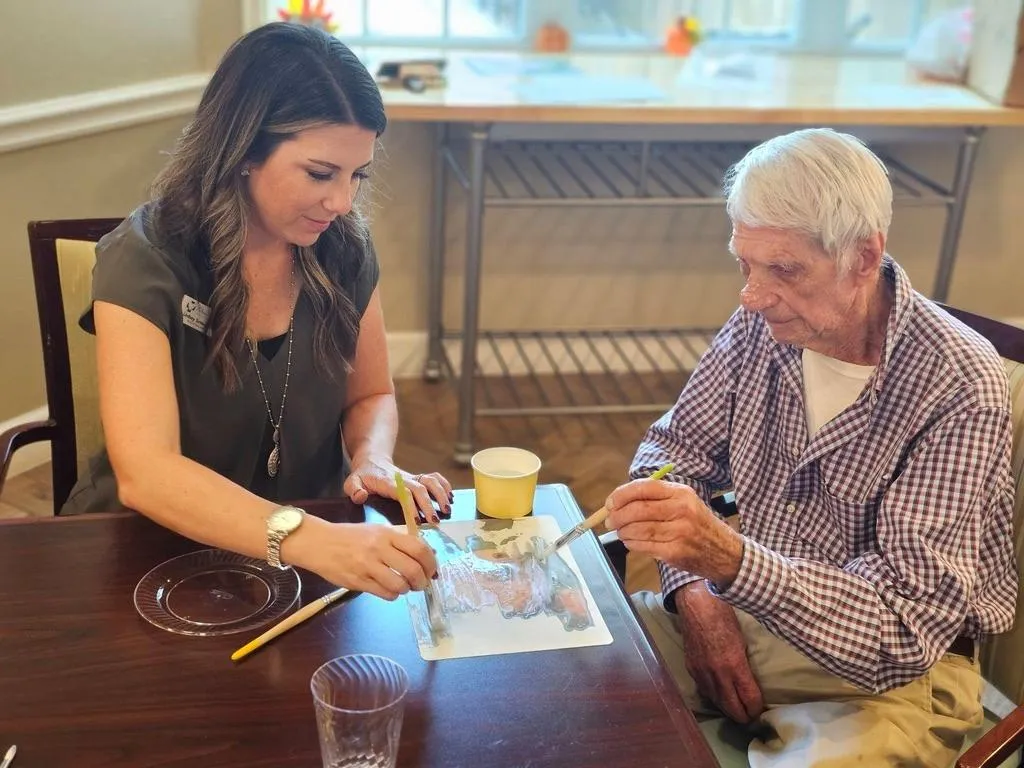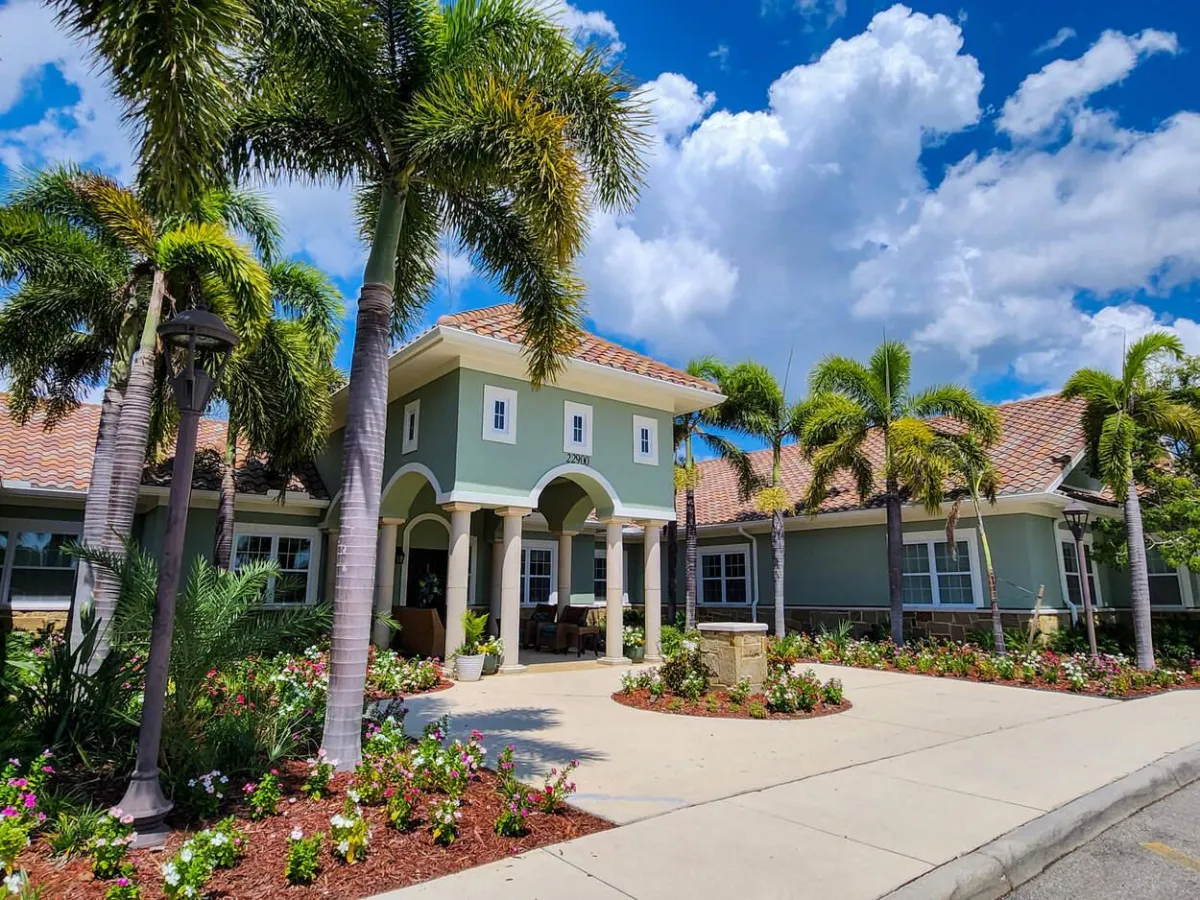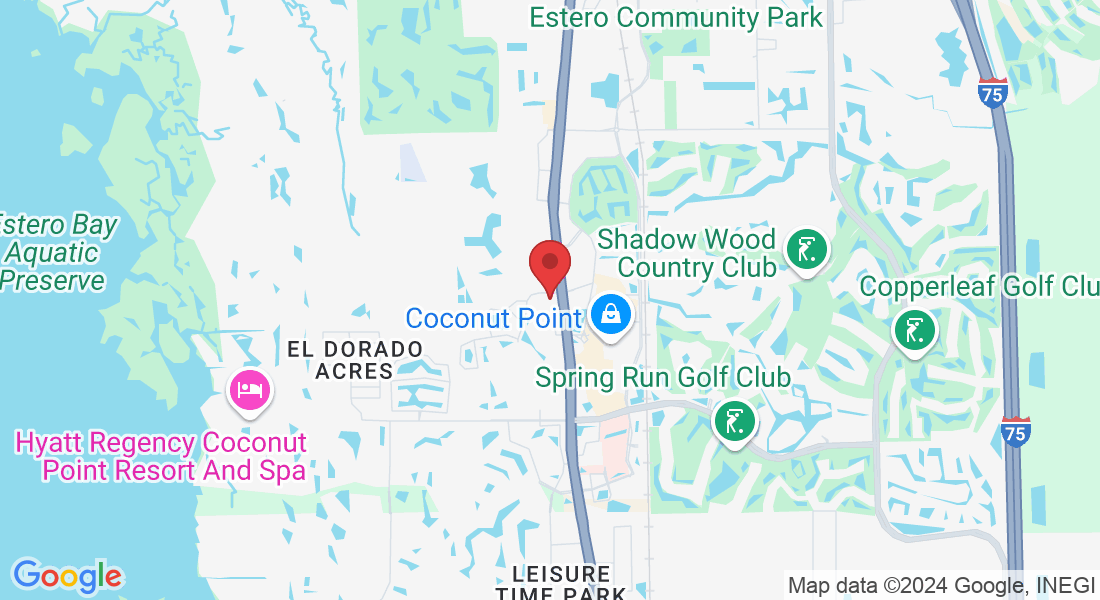This site is for families seeking memory care services. For employment inquiries, visit our Indeed page.
Memory Care Resources
Enjoy these articles on finding the right care for your loved one

Navigating The Senior Care Maze: A Comprehensive Guide
Navigating the world of senior care can feel overwhelming— especially if you've never done it before. From understanding the different types of care available to finding the right provider, there are plenty of factors to consider. This guide aims to simplify and outline the process— so you'll have everything you need to make the right decisions for your loved ones.
Understanding Senior Care
Senior care encompasses a range of services designed to support older adults in their daily lives. These services can range from assistance with basic activities like bathing and dressing to specialized care for conditions such as dementia or Alzheimer's disease.
There are several types of senior care, each catering to different needs and preferences. Here are the most common types:
In-Home Care
In-home care allows seniors to receive assistance in the comfort of their own homes. Services can include help with daily activities, medical care, and companionship.
Assisted Living
Assisted living communities provide a more structured environment where members can receive help with daily activities and have access to medical care. This type of care often promotes social activities and a sense of community.
Memory Care
Memory care is specially designed for individuals with Alzheimer's disease or other forms of dementia. These communities provide a safe environment and specialized care tailored to the needs and challenges of those with memory impairments.
Choosing the Right Senior Care Community
It is worth doing your homework when selecting the right senior care community. They play a key role in ensuring the well-being of your loved ones. Here are some steps to guide you through the process.
Assessing Needs
The first step in choosing a senior care provider is to assess the specific needs of your loved one. Consider the following:
Physical needs: Does your loved one need help with daily activities such as bathing, dressing, or eating?
Medical needs: Are there any specific medical conditions that require specialized care?
Emotional needs: Does your loved one need companionship or emotional support?
Cognitive needs: Does your loved one have memory impairments that require special attention?
Researching Senior Living Communities
Once you have a clear understanding of your loved one's needs, start researching senior care communities in your area. A simple internet search will provide you with lots of information upfront. Create a list of potential communities you're interested in learning more about.
Visiting Communities
Once you've narrowed your search down to a few communities, the next step is to make an on-site visit. This will give you the most accurate representation of what they have to offer. During your visit, pay attention to the following:
Cleanliness: Is the community clean and well-maintained?
Staff: Are the staff members friendly and attentive?
Activities: Are there social activities and opportunities for engagement?
Safety: Are there safety measures in place, such as handrails and emergency call systems, secured buildings to prevent wandering?
Asking Questions
Prepare a list of questions to ask during your visits. Here are some examples:
What services are included in the monthly fee?
Are there additional costs for specific services?
What is the staff-to-resident ratio?
How are medical emergencies handled?
Are there specialized programs for memory care?
Memory Care in Estero, Florida
If you are specifically looking for memory care in Estero, Florida, there are several excellent options to consider. Memory care communities in this area offer specialized services to support individuals with Alzheimer's disease and other forms of dementia.
Features of Memory Care Communities
Our memory care community in Estero, Florida, offers the following features:
Secure environment: Our community is designed to prevent wandering and ensure the safety of residents.
Specialized staff: Caregivers are trained to understand the unique needs of individuals with memory impairments.
Therapeutic activities: We have programs that are designed to stimulate cognitive function and enhance quality of life.
Personalized care: Our care plans are tailored to the individual needs of each resident.
Making the Transition
Transitioning to senior care, whether it's in-home care, assisted living, or memory care, can be challenging for both the senior and their family. Here are some tips to make the process smoother:
Communicate Openly
Discuss the move with your loved one and involve them in the decision-making process as much as possible. Open communication can help alleviate fears and concerns.
Personalize the Space
Make the new environment feel like home by bringing personal items, such as photos, favorite books, and familiar furniture.
Stay Involved
Continue to visit and stay involved in your loved one's life. Regular visits can provide emotional support and help you monitor the quality of care.
Utilize Support Resources
Take advantage of support resources available in your community. Support groups, counseling, and educational programs can help you navigate the emotional and practical aspects of the transition.
Conclusion
Navigating the maze of senior care can feel daunting, but with the right information and resources, you can rest easy knowing your loved one is well cared for. By understanding the different types of care available, researching providers, and making thoughtful choices, you can ensure that you're making the right choice.
Get In Touch
Looking for more information about Gulf Coast Memory Care? Complete the following form and someone from our office will follow up with you shortly.

Gulf Coast Memory Care
(239) 427-1455
22900 Lyden Dr, Estero, FL 33928
AL# 12921





